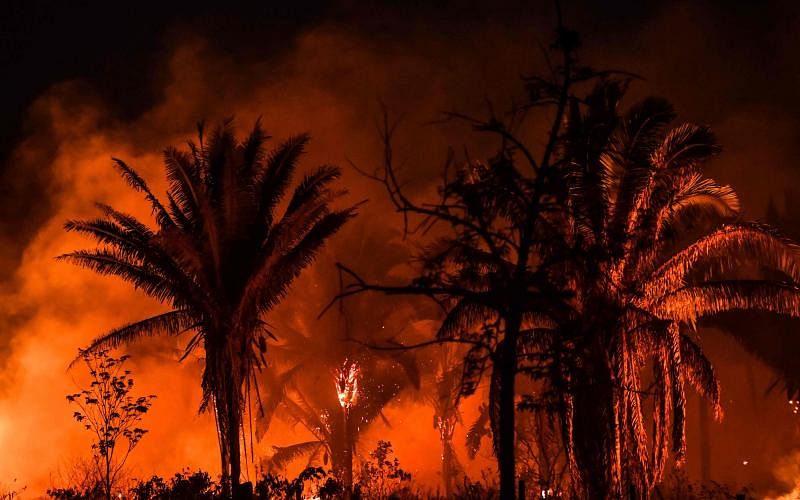
(Morning Post) Australian Federal Science and Industry Research Organization released a report recently that a new study involved in scientific researchers showed that under the influence of long -term climate change, from 1979 to 2019, Australia, Australia, Australia from 1979 to 2019, Australia, Australia, Australia, Australia, Australia.The frequency of "fire weather" around the world has increased significantly.
Xinhua News Agency reported that the relevant papers have been published in the Earth Physics Review of Academic Journal.
The international team participated in the organization has analyzed the trend of the "fire weather season length" of the global and regional "fire weather seasons" over the past decades.According to reports, "fire weather" refers to the occurrence and spread of wildfire in the weather conditions.
Research shows that from 1979 to 2019, Australia's "fire weather season length" increased by about 27 days, an increase of about 20%.During this period, the average increase in the global "fire weather season" reached 27%, and the "seasonal length" growth of "fire weather season" in western North America, Amazon River Basin, and Mediterranean was particularly significant.
Research prediction, considering the future climate change scenarios, if the global average temperature rises by 1.5 to 4 degrees Celsius in 2100, it may cause the world's "fire weather season length" to be extended by 11 to 36 days compared to the present.
One of the author of the thesis, the Federal Science and Industry Research Organization Researcher Pepp Karnadley said in the report that the global "fire weather" has a significant increase in, and long -term climate change is promoting thisgrowth trend.This trend has led to an increase in the number of Australian forest fires, especially the "Black Summer" from 2019 to 2020, highlighting the increasing situation of Australian forest fires.
Canadley said that through this research, it can be more in -depth to understand the trend of "fire weather" in the world, which helps rescue personnel, policy makers and communities to better respond to forest fires.In addition, this study once again emphasizes the importance of curbing global carbon emissions.




